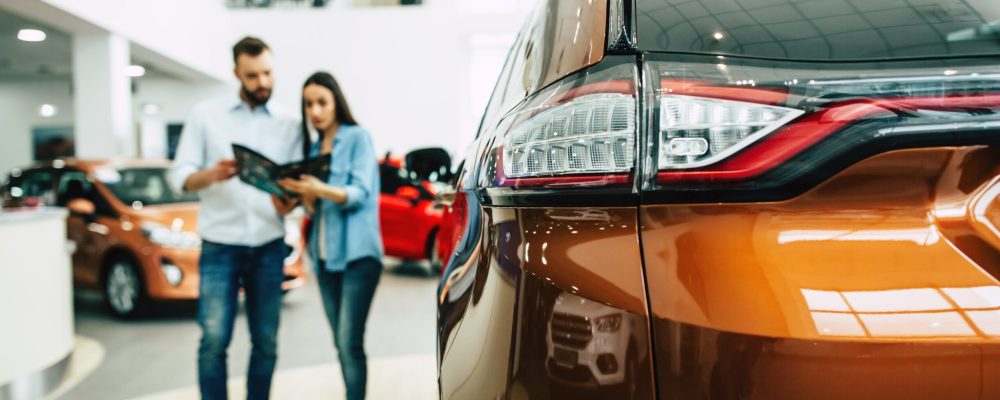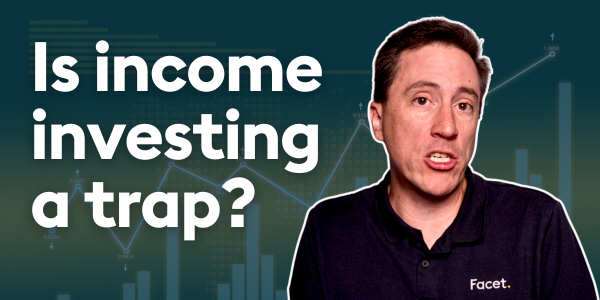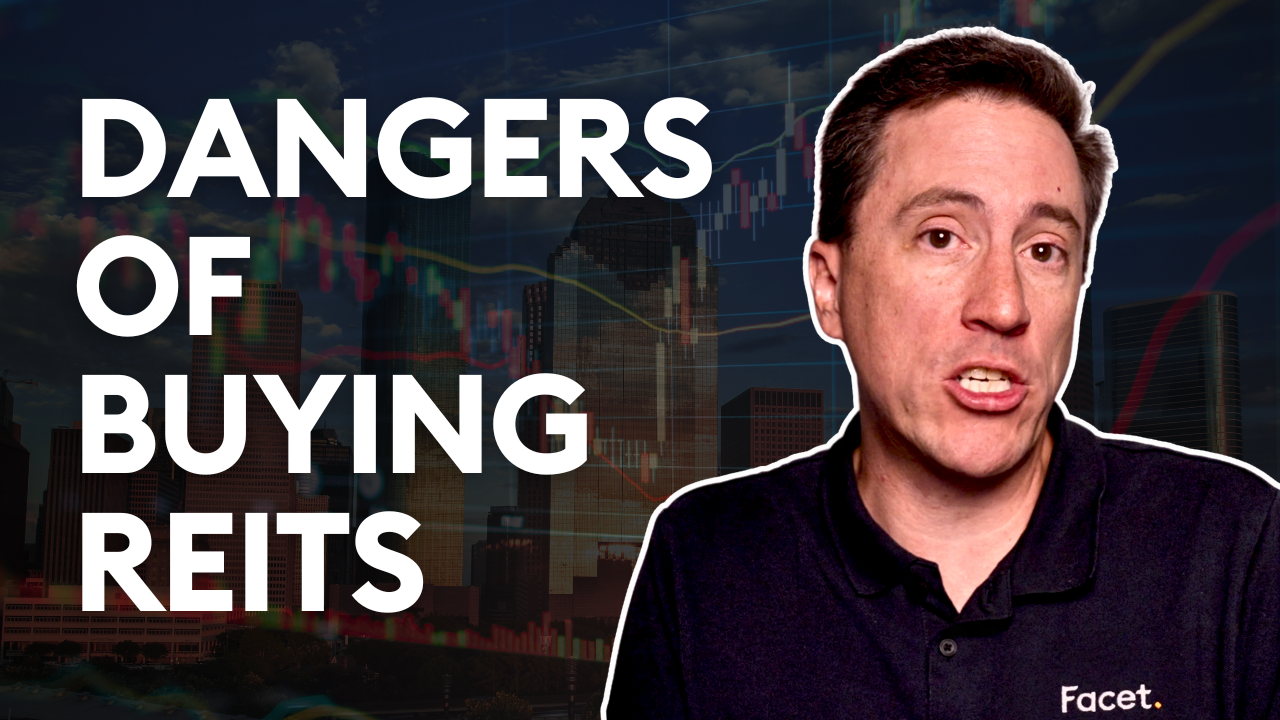
The information provided is based on the published date.
Key takeaways
- Leasing is another term for renting
- Leases often have lower upfront payments and lower monthly payments
- Leases have restrictions, such as the number of miles you can drive
- When a loan is paid off, you have an asset (the vehicle) that has value
- The key number is the Total Cost of Ownership (TCO)
You need a new car. Maybe your old one was totaled in an accident or is becoming too expensive and unreliable. Or perhaps it's time to treat yourself to a new car.
What's the best way to put a new ride in your garage, driveway, or in front of your home? Buy? Lease? Save up and pay cash?
With interest rates rising and many desirable vehicles difficult to find because of supply chain shortages, a lot of the conventional thinking for car buyers has changed. Here's how to decide the best way to buy your next vehicle.
Three myths to forget when making your car decision
Three myths persist among car buyers. One was once true (but hasn't been for the last couple of years), and the other two were never valid.
Myth No. 1: Cash is king
Some buyers insist that the fact they have the cash to purchase a vehicle right now puts them in a stronger bargaining position. But, interestingly, the opposite is true.
Dealers actually make a better profit when a buyer finances a new vehicle than if they bought it outright.
What to do: Avoid discussing financing (or how you intend to pay for the vehicle) until you finalize the deal. And under no circumstances tell a salesperson your desired monthly payment. If you do, you're likely to receive a quote that is suspiciously similar to your stated allowance.
Myth No. 2: Timing is everything
The best deals used to come at the end of a month, quarter, or model year. That's because dealers were working to meet quotas and earn bonuses or clear out older stock.
What to do: Don't rush or feel pressured to make a decision. Today, supply chain issues and computer chip shortages have constrained supply to the point that the few deals available generally aren't linked to mining.
Myth No. 3: You can change your mind
Despite the fact that it's never been true, too many buyers still believe that they only have three days to cancel their purchase. This is a big myth and nothing more than a sales tactic designed to rush buyers into making snap decisions. A signed sales contract is legally binding as long as the dealership fulfills its obligations to the buyer. The three-day myth stems from a Federal Trade Commission rule that provides a "cooling off period" for purchases made at home from someone selling door-to-door.
What to do: Make sure you are 100% comfortable before signing on the dotted line. Buying (or leasing) a car is a big decision, and there are no "backsies" after you've committed.
While the myths about buying vs. leasing a vehicle aren't as widespread, it's important to understand how the two differ and which option may be best for you.
The differences between buying and leasing a car
First, understand that leasing is really another word for renting. Just as you might rent a vehicle for a week on vacation, with a lease, you're renting a car for one-to-several years. When the lease period ends, you turn in the vehicle and walk away. At this time, you may have to pay a fee. You may also have the option to purchase the vehicle at a price determined when the lease began. When the lease ends, you can buy the car, lease or purchase a different vehicle, or live without one.
When you buy a vehicle, once you've finished paying for it, it's yours. You can continue driving it, sell it, or trade it in to help purchase another one.
The advantages and disadvantages of leasing a car
Advantages of leasing
- You drive a new/newer vehicle during its most trouble-free years while it's under warranty.
- The contract may cover oil changes or other basic maintenance issues.
- You might be able to drive a nicer vehicle than if you bought one.
- You may need less cash upfront for a lease than you would if you were buying.
- You don't have to worry about what the vehicle is worth.
- If you lease a car for business, there may be significant tax advantages.
- You walk away when the lease is over without the hassle of selling or trading in the vehicle.
Disadvantages of leasing
- The monthly payments will never end if you lease one vehicle after another.
- There will probably be a limit on how many miles you can drive and charges if you exceed that limit. (And there's no credit for unused miles.)
- You must maintain the vehicle and are responsible for damages and excessive wear and tear.
- If you don't like the vehicle, can't afford the payments, or need something different during the lease period, you may be stuck or have to pay significant early termination fees or other charges.
- You must return the vehicle in the same condition it was in when it left the showroom without modifications.
The advantages and disadvantages of buying a car
Advantages of Buying a Car
- You own a vehicle that will still be worth something after you've finished paying for it.
- You can do anything you want to the vehicle.
- You can drive as many miles as you wish without penalty.
- You can give it to someone else, such as a child, temporarily or permanently.
- The cost of insurance may decline as the car loses value.
- You can sell or otherwise dispose of the vehicle whenever you wish.
Disadvantages of Buying a Car
- Once the manufacturer's warranty ends, you're liable for all repairs.
- As your vehicle ages, it will no longer have the latest safety and convenience features.
- Buying a vehicle may require more money for a down payment.
- Loan payments may last years longer than lease payments.
- The value of your vehicle will fluctuate over time, affecting its resale or trade-in value.
Both auto loans and lease payments will have the same effect on your credit score, so that part of the decision-making is a wash. On-time payments will boost your credit score in both cases, and both types of payments will affect how much credit you're using (and how much you can borrow for other purposes).
The one number to know: Total Cost of Ownership (TCO)
Manufacturers often offer incentives, such as rebates and special rates, that can significantly change the cost of buying or leasing a vehicle. To find the true value of your car, you need to find the Total Cost of Ownership or TCO. Edmunds.com has a handy calculator you can use to find this number.
Make sure it's an apples-to-apples comparison by matching the terms: if your vehicle loan is, say, six years, you might want to calculate the cost of two three-year leases. (Longer term leases are available, but three years is most common.)
If the lease or purchase includes free maintenance, include that value in your calculations.
If you're considering different vehicles (a lease for Vehicle A or a purchase of Vehicle B), research whether insurance, maintenance, or driving costs will differ significantly.
Finally, one more calculation: if the down payment or monthly payments between the two options differ significantly, think about what you'd do with the "extra" money if you chose the cheaper alternative. For example, an extra $200/month in your retirement account could make a big difference down the road.
Keep in mind that both purchases and leases may be negotiable. Lease payments, for example, may be based on the vehicle's manufacturer's suggested retail price (MSRP). If the dealer is willing to negotiate the price of the vehicle if you're buying it, the starting price for lease calculations may also be negotiable.
Above all, do your research and the math. Then decide whether buying or leasing a specific vehicle is best for you.
Facet
Facet Wealth, Inc. (“Facet”) is an SEC registered investment adviser headquartered in Baltimore, Maryland. This is not an offer to sell securities or the solicitation of an offer to purchase securities. This is not investment, financial, legal, or tax advice. Past performance is not a guarantee of future performance.


